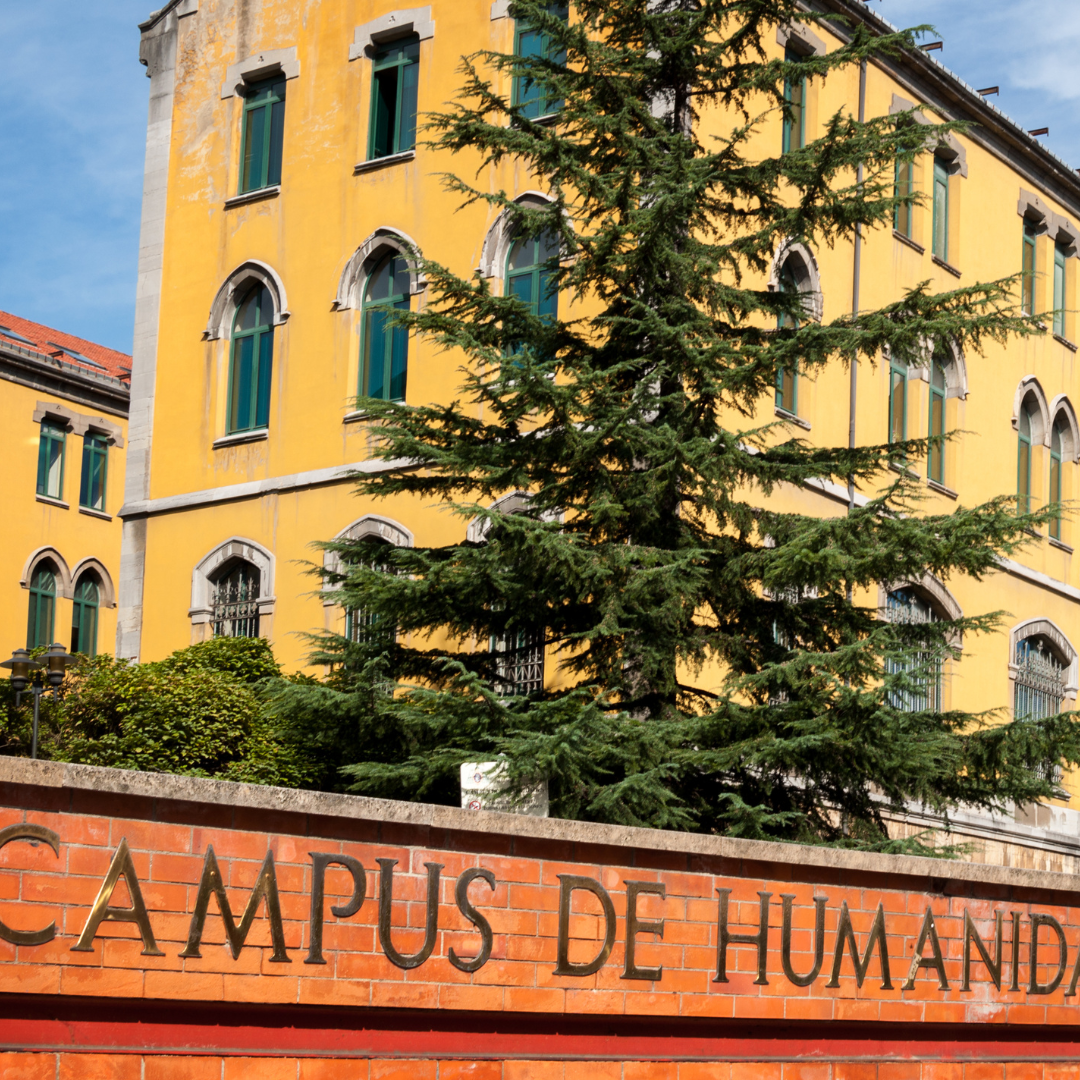The Benefits of a Liberal Arts Education
A liberal arts education is a type of undergraduate degree program that focuses on the study of a wide range of subjects in the arts, humanities, and social sciences, rather than a single specialised field. The concept of liberal arts education dates back to ancient Greece, where the term “liberal arts” referred to the education suitable for a free person. In recent times, liberal arts education has become a popular choice for students seeking a well-rounded, comprehensive education that prepares them for a variety of career paths and lifelong learning.
The following are some of the key benefits of a liberal arts education:
A Broad and Diverse Curriculum
One of the hallmarks of a liberal arts education is its broad and diverse curriculum. Students are exposed to a range of subjects, including history, literature, philosophy, economics, psychology, and the natural sciences. This approach provides students with a broad understanding of the world and the ability to make connections between seemingly disparate subjects. The curriculum also encourages students to think critically and creatively and develop essential skills such as problem-solving, communication, and critical thinking.
Prepares Students for a Wide Range of Career Paths
Contrary to popular belief, a liberal arts education is not just for those who want to pursue careers in academia or the arts. In fact, a liberal arts degree provides a strong foundation for a wide range of careers, including business, law, medicine, education, and many others. This is because a liberal arts education equips students with the skills and knowledge that are in high demand in today’s rapidly changing job market, such as critical thinking, communication, and problem-solving.
Promotes Lifelong Learning
A liberal arts education encourages students to continue learning throughout their lives. This is because the curriculum is designed to foster a love of learning and a curiosity about the world. Liberal arts graduates are well-equipped to pursue additional education and training, and they have the skills to adapt to changing circumstances and new technologies. This ability to continue learning is essential in today’s rapidly changing world, where new knowledge and skills are constantly being developed.
Develops Cultural Awareness and Understanding
A liberal arts education provides students with an opportunity to study the arts, humanities, and social sciences, which are essential for understanding different cultures and perspectives. This exposure to different cultures, values, and beliefs helps students to develop an appreciation for diversity and an understanding of the complex issues facing our world. This cultural awareness and understanding are essential for personal growth, as well as for success in today’s globalised world.
It’s possible to study subjects other than the mainstream as well. For instance, students can also explore unique fields like theology and religious studies. A liberal arts education, with a particular emphasis on church courses and religious education, provides a unique and enriching foundation for students seeking a broad intellectual experience. Beyond the exploration of various faith traditions, liberal arts education fosters critical thinking, cultural awareness, and the ability to engage in meaningful dialogue about complex issues. Exploring a youth ministry curriculum and religious education within this framework not only offer insights into the theological underpinnings of diverse belief systems but also encourage students to grapple with ethical questions, moral reasoning, and the broader social implications of religious practices.
Fosters Interdisciplinary Thinking
One of the key benefits of a liberal arts education is its ability to foster interdisciplinary thinking. By studying a wide range of subjects, students are exposed to different perspectives, approaches, and ways of thinking. This cross-pollination of ideas helps students to see connections between subjects and to develop a more holistic understanding of the world. This type of interdisciplinary thinking is not only beneficial for personal growth, but it is also highly valued in many careers, as it enables individuals to approach problems from multiple angles and find innovative solutions.
Encourages Independent and Creative Thinking
A liberal arts education places a strong emphasis on independent and creative thinking. This is because students are encouraged to explore their own interests, form their own opinions, and think outside of the box. By fostering independent and creative thinking, a liberal arts education provides students with the skills and confidence to pursue their passions, whether it is in their careers or in their personal lives.
Builds Strong Critical Thinking and Communication Skills
In a liberal arts education, students are trained to think critically and communicate effectively. They are taught to analyse complex information, form informed opinions, and articulate their thoughts clearly and concisely. These critical thinking and communication skills are essential for success in both personal and professional life, and they are highly valued by employers in many different fields.
A liberal arts education is a comprehensive, well-rounded education that provides students with a broad range of knowledge, skills, and experiences. Whether you are interested in pursuing a career in the arts, humanities, social sciences, or any other field, a liberal arts education will equip you with the foundation you need for a successful and fulfilling life.





